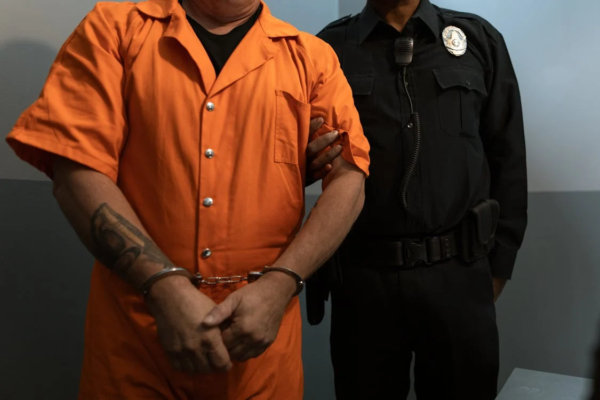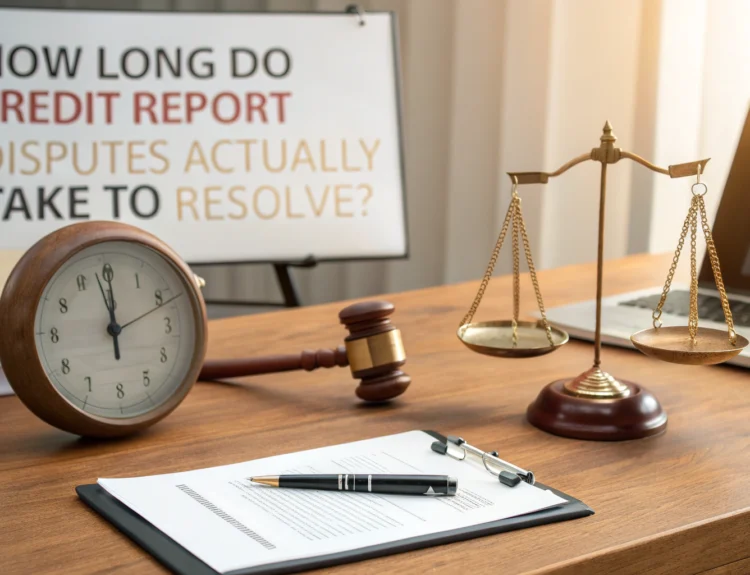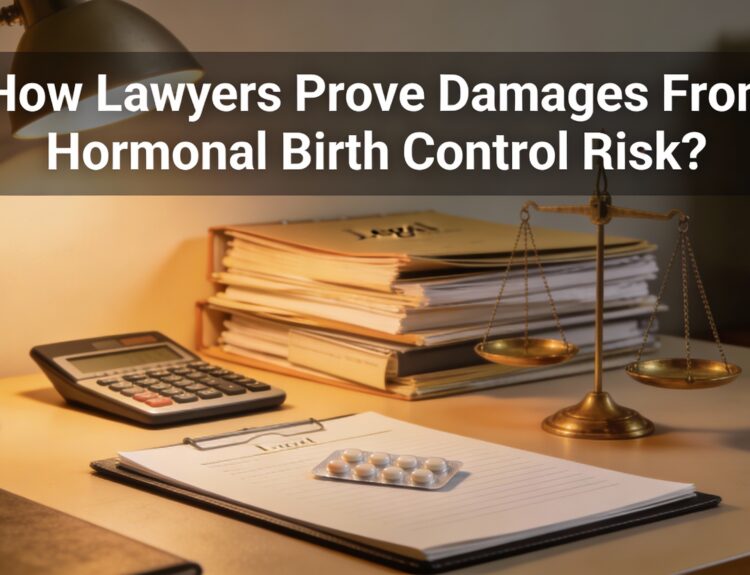Facing criminal charges can be an incredibly stressful and frightening experience. However, the criminal justice system aims to protect those accused of crimes. This includes the right to competent legal representation from a criminal defense attorney to advise and speak on your behalf. Read on to learn about how criminal defense serves as your shield, guiding you through the legal process.
Contents
The Foundations of Criminal Defense
The Constitution guarantees certain rights to the accused to ensure fair treatment throughout the legal process. These include the right to not incriminate oneself, the presumption of innocence until proven guilty, the right to cross-examine witnesses, and the right to adequate legal counsel even if one cannot afford a private attorney. Criminal defense bases itself upon preserving and protecting these fundamental rights.
The Role of a Criminal Defense Attorney
A criminal defense lawyer guides you through the often complex criminal justice landscape, serving as your advocate and advisor:
- Investigating the case: They thoroughly examine prosecution evidence while gathering information to support your innocence or mitigate charges. This independent investigation attempts to uncover flaws in the district attorney’s case.
- Advising the client: Based on case specifics, criminal defense lawyers educate clients on the legal process, potential strategies, and likely outcomes helping inform decision-making. This empowers individuals to make choices aligned with their interests.
- Negotiating with the prosecution: Rather than directly proceeding to trial, negotiations can lead to outright dismissals or plea bargains to less severe charges in exchange for avoiding trial. Skilled defense lawyers leverage findings from independent investigations during these talks.
- Representing the client in court: During courtroom proceedings, criminal defense attorneys use legal skills and knowledge of rules of evidence and procedure to advance the defendant’s best interests before judges and juries.
The Criminal Justice Process
The criminal justice process is a series of steps that unfold after a person is accused of a crime. Understanding a Sacramento criminal defense attorney process is crucial for anyone facing criminal charges.
- Arrest: Police take suspects into custody if evidence suggests involvement in a crime. Officers inform arrestees of their constitutional rights.
- Booking: Biographical information, fingerprints, and mugshots are collected to initiate criminal records before suspects are eligible for bail release until trials. Jails house those who do not post bail.
- Arraignment: Early court appearances see formal reading of charges where defendants enter initial “guilty” or “not guilty” pleas. Cases get assigned to trial courts here.
- Pre-trial motions: Defense lawyers may file these interlocutory motions challenging evidence legality or requesting the dropping of charges prior to trial based on lack of incriminating evidence.
- Trial: The prosecution must prove guilt beyond reasonable doubt by presenting evidence and witnesses to impress guilt upon an impartial jury in these final determinations of innocence or guilt.
- Sentencing: Penalties for guilty verdicts range from community service and probation to prison time and capital punishment based on state and federal sentencing guidelines and convicted offenses.
- Appeal: Grounds for appeals include judicial/prosecutorial misconduct, procedural errors, insufficient/inadmissible evidence, or disproportionate sentencing relative to similar convictions. Higher courts may override or modify earlier rulings.
Common Criminal Charges
Criminal charges can range from minor infractions to serious felonies. Understanding the different types of charges is crucial for anyone facing legal trouble.
- Misdemeanors: Less severe crimes with a maximum 1-year prison sentence (frequently only probation). Examples include petty theft, traffic violations, and public drunkenness.
- Felonies: Serious crimes with over 1 year incarceration. Examples are fraud, rape, manslaughter, aggravated assault. Classifications (A, B, C) determine sentence lengths.
- White-collar crimes: Sophisticated non-violent offenses committed through deceit and abuse of power (e.g. wire fraud, embezzlement, money laundering).
- Drug offenses: Charges relating to illegal drug possession, distribution, and trafficking carry steep sentences – sometimes life without parole. Mandatory minimums often constrain judicial discretion during sentencing.
- DUI/DWI: Driving under the influence of alcohol/drugs penalties include license suspension, vehicle impounding, fines, and possibly jail time for repeat offenders.
Defenses to Criminal Charges
When facing criminal charges, there are various legal defenses that can be employed to challenge the prosecution’s case. These defenses aim to cast doubt on the prosecution’s evidence or demonstrate that the accused did not commit the crime.
- Self-defense: Admitting alleged criminal act but claiming lawful necessity to protect oneself or others from physical harm. Triggering events must warrant the use of force.
- Insanity: Defendants were mentally incapable of determining the rightfulness or wrongfulness of actions at the time of offense due to psychological impairments under strict legal definitions of “insanity”.
- Duress: Admitting to crime but claiming only participation due to threat of physical harm from another person (battered woman syndrome defense falls under this).
- Entrapment: Government agents improperly induced defendants to commit offenses they otherwise would not have without encouragement or coercion.
- Mistaken identity: Physical evidence incorrectly points to the defendant rather than the actual criminal actor due to coincidence or ambiguity calling definitive guilt into question. DNA evidence can sometimes exonerate earlier identifications.
The Role of Rehabilitation
For those ensnared in cycles of crime due to hardship, rehabilitation can provide critical opportunities to rebuild lives rather than endlessly punish offenses fueled by circumstance.
- Substance abuse treatment: Research shows correlations between drug/alcohol abuse and crimes committed to finance addictions. Treatment addresses the root causes head-on rather than myopically punishing acts bred by disease.
- Mental health counseling: Many legal offenses link to untreated psychiatric illnesses. Therapy and medication to improve mental well-being may reduce tendencies toward unlawful behaviors in these groups.
- Educational and vocational training: Gainful employment and education are key deterrents from criminal activity. Correctional programs aiming to teach marketable skills increase chances of successful re-entry into mainstream society.
- Community-based programs: Rather than isolative prison stays, maintained connections with support systems via rehabilitation programs conducted within one’s community allow for greater continuity of services reducing recidivism following release.
The Future of Criminal Defense
The field of criminal defense is constantly evolving, with advancements in technology and changes in societal attitudes shaping its future. Some emerging trends in criminal defense include:
- The use of technology: Digital forensics, DNA evidence, and surveillance infrastructure possess ever-greater roles in constructing or deconstructing cases. Savvy defense lawyers well-versed in information technologies are better positioned to leverage these tools to benefit clients.
- The focus on restorative justice: Alongside criminal punishment, promoting dialogue and accountability between offenders and victims to repair harm rather than just exact retribution allows for more holistic and constructive resolutions.
- The push for criminal justice reform: Mounting advocacy against biased over-criminalization and prosecution of minorities, as well as mentally ill and impoverished groups, puts pressure on the legal system to correct embedded inequities. Public attitudes are spurring changes.
Conclusion
Skilled criminal defense lawyers are instrumental in protecting the rights of the accused against abuses of power by safeguarding civil liberties and ensuring a fair process free from bias. They also advise clients through confusing legal processes guiding them to the least punitive reasonable outcomes by negotiating charges or alternative sentencing options that balance punishment alongside opportunities for rehabilitation and restorative justice. The evolving field of criminal defense – with public pressure spurring reforms benefiting disadvantaged groups – remains crucial as a check against institutionalized injustice.




